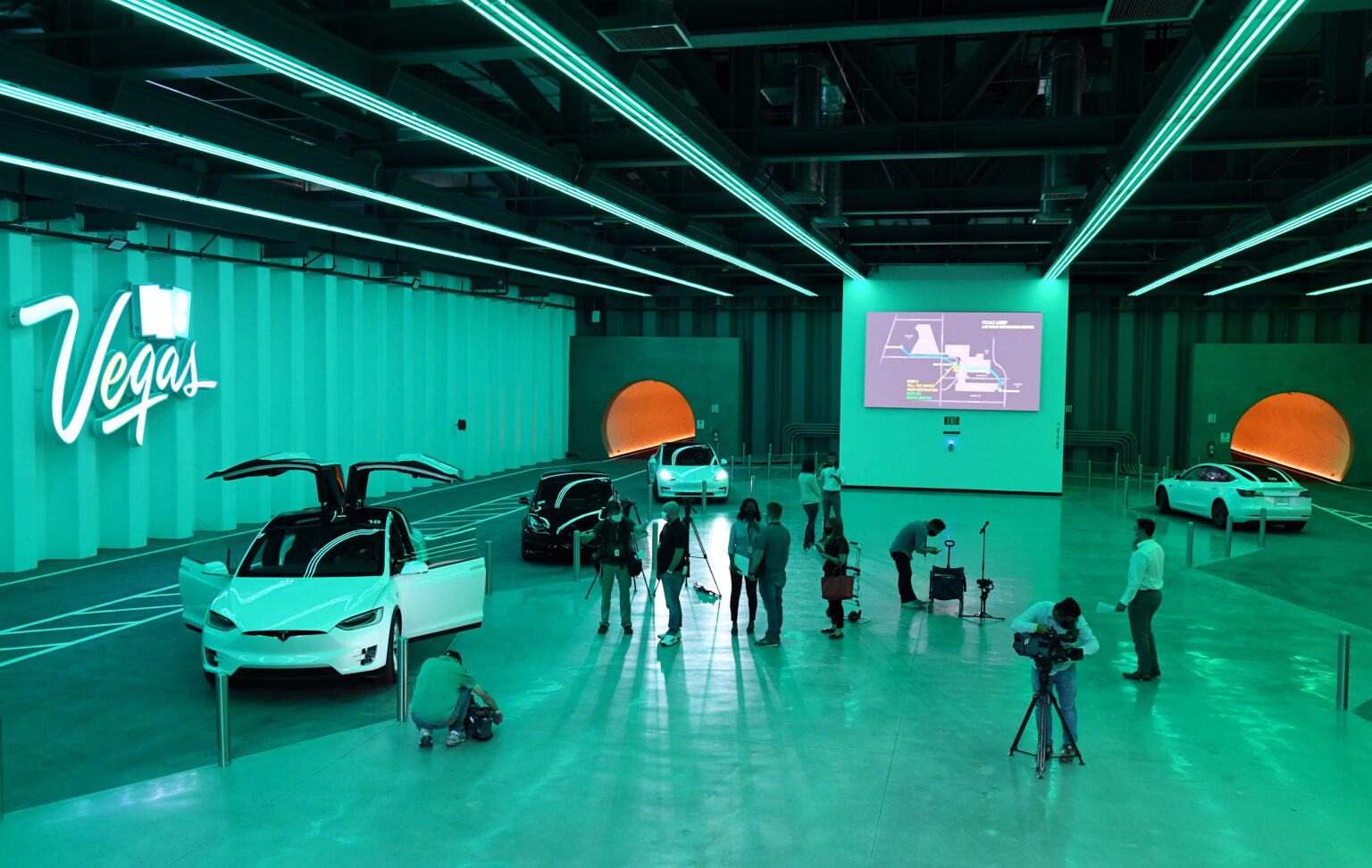Elon Musk’s Boring Company left California due to excessive bureaucratic obstacles that consistently hindered his efforts to develop large-scale public transportation projects. However, he quickly secured a contract in Las Vegas to build a 1.7-mile tunnel beneath the city’s iconic strip for just $30 million.
This per-mile cost was only 2% of typical subway construction expenses, which generally range from $807.52 million per mile in Europe to a staggering $1.73 billion per mile in New York City. Though The Boring Company only built the tunnel portion of the project without subway trains, Musk’s efficient, cost-saving approach provided a convincing proof of concept.
Impressed by the speed and cost-efficiency, Las Vegas hopes to extend Musk’s initial project by adding over 21 miles of additional tunnels. Plans are in discussion for a potential direct underground train route that would link Las Vegas to Los Angeles International Airport, a key gateway for domestic and international travelers. This proposal aims to enhance connectivity between the two cities and streamline transportation options for visitors .
Other municipalities have also shown strong interest in contracting the Boring Company to address their transportation challenges after seeing the firm’s success in Vegas. However, not all deals have come to fruition, such as a scrapped underground tunnel project in Florida.
Though some media outlets framed these failed negotiations as cities “abandoning” Musk’s proposals, the exact reasons for termination remain unclear. In Florida’s case, the challenge of building an underwater tunnel through narrow sandbars posed obvious engineering difficulties.
It’s worth noting that Musk likely offered lower prices for early tunnel projects to demonstrate the overall feasibility and encourage broader adoption. His primary focus was on establishing a proof of concept, rather than delivering fully integrated transit systems involving multiple tunnels and trains.
Despite some setbacks, after the successful completion of the Vegas tunnel in a timely and cost-effective manner, Musk’s Boring Company attracted $675 million in investment from two leading venture capital firms: Sequoia and Vy Capital. This influx of capital signals confidence in the company’s ability to address urban transportation challenges.
These deals have propelled the Boring Company’s overall valuation to $7 billion, based largely on its claimed ability to develop subway and tunnel projects at a fraction of the cost of its competitors.
For top venture capital firms to commit such significant funding, Musk has successfully convinced investors that his tunneling innovations can have a substantial market impact by making large-scale underground projects more affordable.
If costs decrease significantly, many more mass transit systems could become viable in U.S. cities.
Related: X Investor List Exposed by Court, Unveiling Connections to Diddy, Kremlin, and Saudis


